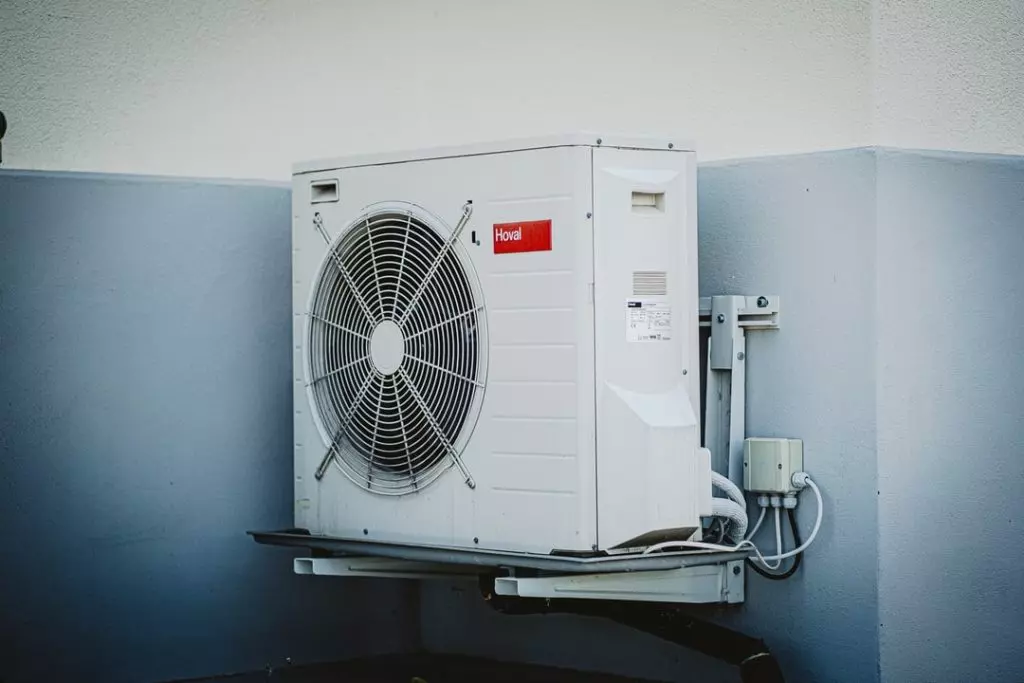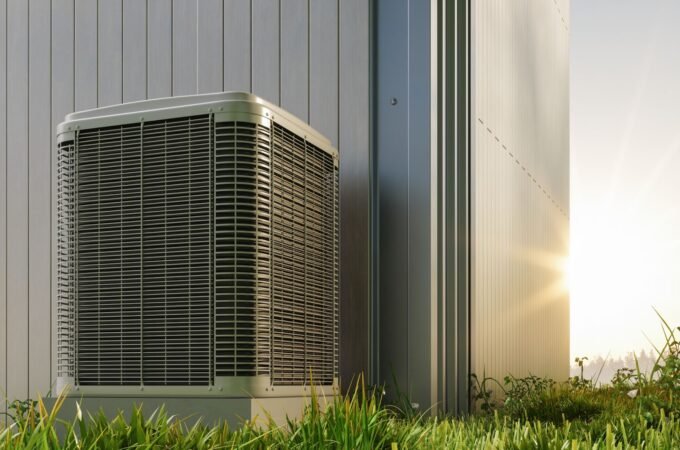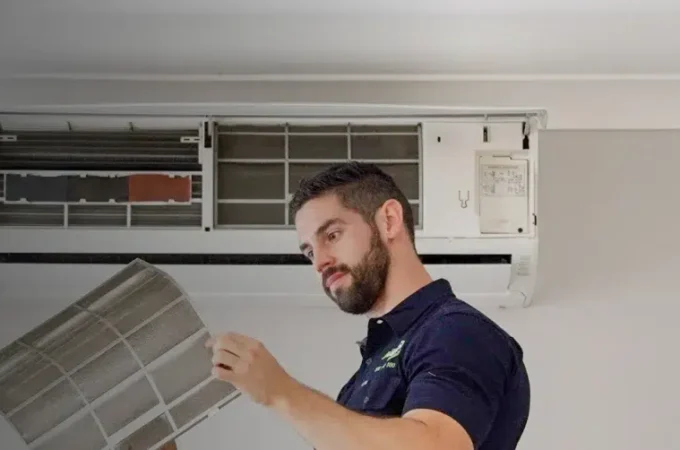
The Impact of a Dirty Air Filter on Your Home
Air filters are an essential part of any home heating, ventilation, and air conditioning (HVAC) system. They are designed to capture airborne pollutants, dust, and other particles so that they don’t circulate through the home. However, if the air filter becomes clogged or dirty, it can cause serious problems for your HVAC system.
Having a dirty HVAC filter can lead to a variety of problems for your home and wallet. From decreased energy efficiency to an increase in dust and allergens, a dirty HVAC filter can cause a number of issues. In this article, you’ll discover why it’s so important to keep your HVAC filter clean and what could potentially happen if you don’t. Keep reading to learn more about the potential impacts of a clean vs dirty air filter home.
Poor Indoor Air Quality
One of the most obvious consequences of a dirty HVAC filter is poor indoor air quality. The filter is designed to remove dust, dirt, and other particles from the air that passes through the system, but when the filter is clogged, these particles remain in the air, leading to poor air quality. This can be especially problematic for people with allergies or respiratory problems, as their health can be negatively impacted by exposure to these particles.

In addition to poor air quality, a dirty HVAC filter can also lead to an increase in the amount of dust and debris that accumulates in the system. This debris can build up and clog the air ducts, resulting in decreased air circulation in the home. This decreased air circulation can lead to an increase in humidity levels, which can foster the growth of mold and mildew, both of which can lead to health problems.
Inefficient HVAC System
A dirty HVAC filter can have a significant negative impact on an HVAC system. As the filter becomes clogged with dirt, dust, and other airborne particles, the airflow to and from the HVAC system is restricted. This means that the system has to work harder to move air through the ducts and vents. This added strain on the system can cause it to overheat and even break down. It can also reduce the efficiency of the system, meaning it will use more energy to cool or heat the home. This makes it more expensive to operate and can increase your energy bills. Given that your air conditioning can account for as much as 12 percent of your total annual energy costs, it’s imperative that your system be as efficient as possible.

In addition to being inefficient, you might also find that your HVAC system will struggle to keep up with your desired temperature setting when you have a dirty filter. As your system has difficulty pulling in an adequate amount of air, it will impact the amount of heating and cooling that is output.
HVAC System Malfunction
As discussed, a dirty filter restricts the flow of air and can make it harder for the system to maintain the desired temperature. It also prevents the system from properly removing dirt, dust, and other contaminants from the air, which can lead to poor air quality. As a result, a dirty filter can reduce system performance and reduce the lifespan of the HVAC system. This additional strain on the motor, blower and other components of your HVAC system can lead to a decrease in performance and an increase in the need for repairs, which can be costly.
Altogether, the potential impacts of a dirty HVAC filter are far-reaching and can have devastating consequences for both the system and the occupants of the building. A dirty filter can lead to decreased air quality, increased energy costs, and health issues for those living or working in the building. It is important to regularly check and replace filters to avoid these negative consequences.




